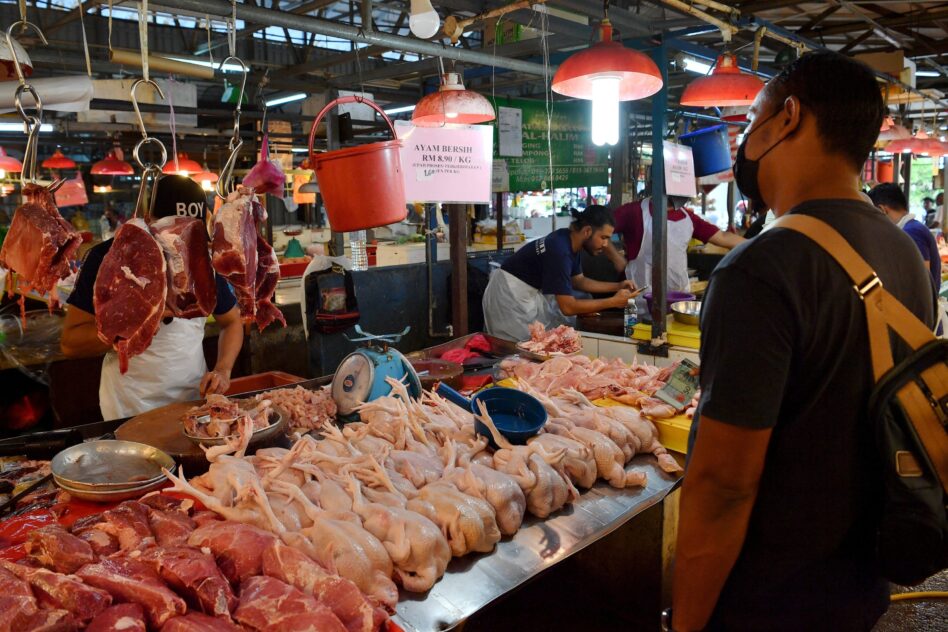 Rapid KL’s move to continue imposing social distancing measures for all its trains is certainly lauded. Many daily commuters travel to work by these trains, and if they were to do away with social distancing practices, there could be a surge in new Covid-19 cases.
Rapid KL’s move to continue imposing social distancing measures for all its trains is certainly lauded. Many daily commuters travel to work by these trains, and if they were to do away with social distancing practices, there could be a surge in new Covid-19 cases.
But can social distancing really be adhered to effectively? Prasarana Malaysia Bhd, which owns and operates the country’s rail and bus networks, has reportedly handled daily passage of 1.4 million riders last year, of which more than 60% of the riders use the rail services daily.
In the case of Rapid KL alone, the number of passengers a day exceeds one million compared with 900,000 riderships in 2018.
Last year, the Light Rail Transit (LRT) Kelana Jaya line reached 329,406 riderships a day, followed by the Ampang/Sri Petaling line (213,158), and the Sungai Buloh-Kajang Mass Rapid Transit (MRT) line (215,833).
Meanwhile, for the monorail line, there were 40,094 riderships, Sunway line Bus Rapid Transit had 16,444, the Rapid KL bus had 317,803, and the MRT shuttle bus MRT had 56,952.
Now that the country has entered the recovery movement control order (RMCO) period, this means more people will be commuting to work.
How is Rapid KL managing the influx of passengers? Certainly, it will be a logistics nightmare once the MY30 unlimited pass is available for sale from June 15 until Dec 31, 2020.
Commuters need to pay RM30 a month for an unlimited pass that can be used to travel on Prasarana’s bus (Rapid Bus) and rail (Rapid Rail) services.
The pass is open to commuters using public transport in the Klang Valley and is part of the country’s economic recovery plan (Penjana) aimed at helping to ease the financial burden faced by the public due to the Covid-19 pandemic.
As such, social distancing will be a huge challenge as ridership is expected to escalate, maybe double or even triple during this “offer” period while the frequency of rails and buses are likely to be the same unless Prasarana decides to buy more train coaches and busses.
However, spending money may not be on the cards given that Prasarana is still loss-making. Based on the latest available filings on the Companies Commission of Malaysia, it reported a net loss of RM5.1 mil for the financial year ended Dec 31, 2018 with an accumulated loss of RM38.8 mil.
In the meantime, it is probably better for the government to incentivise employers to allow staff to continue working from home in order to help ease the rush-hour crowd, be it at public transportation or on the road.
If employees are needed to be in the office, flexible working hours or days could be arranged.
The last thing we need is for another wave of the pandemic which has infected over 8,000 people in Malaysia to-date. While it is important for businesses to resume to pre-Covid-19 levels, there must be a balance between safety and profit. – June 11, 2020










